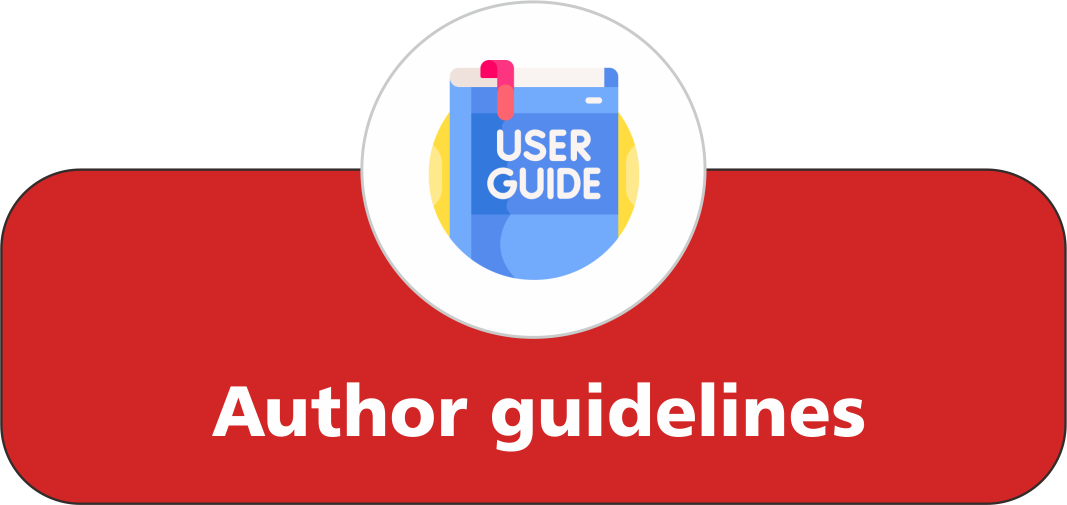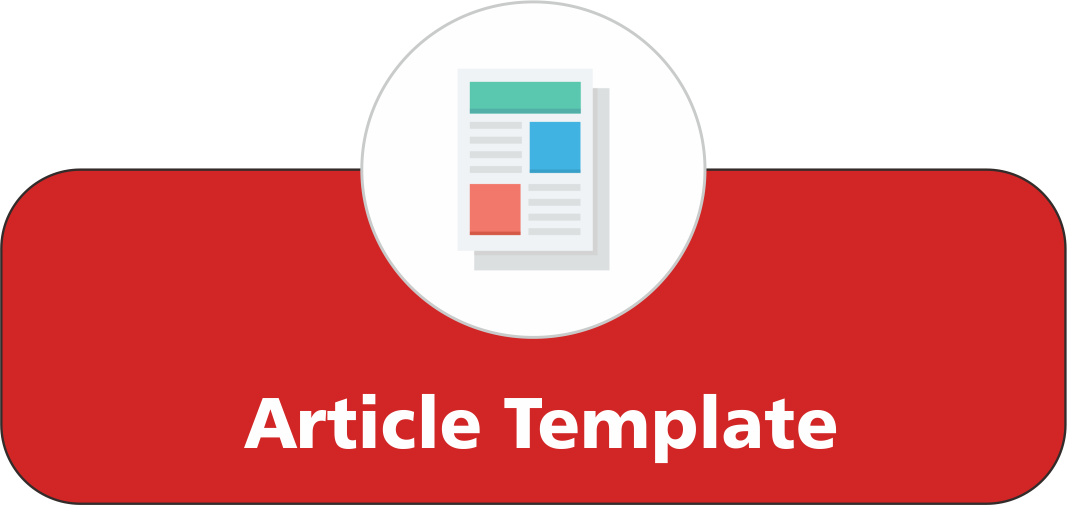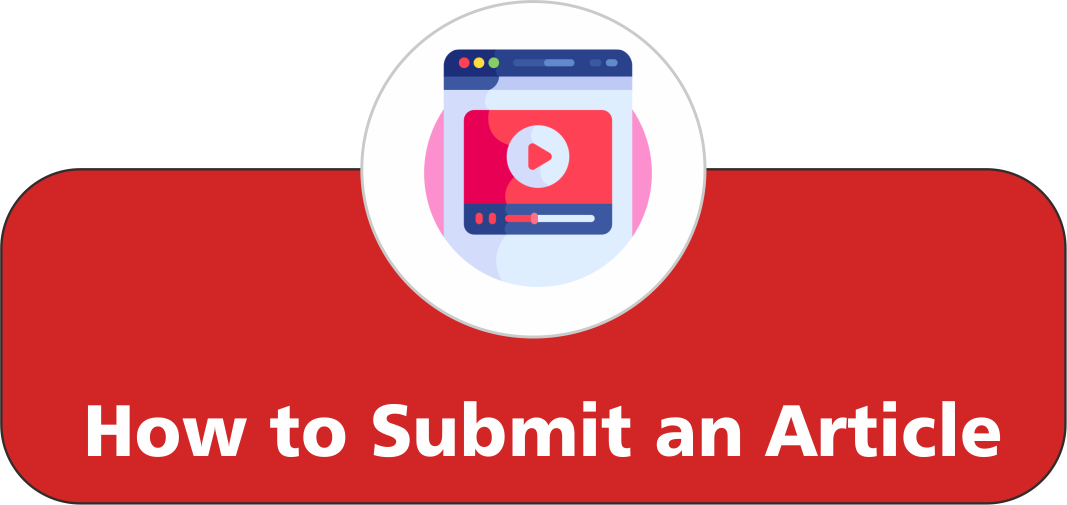Speculating the Lived Experiences of Physical Education College Instructors on Health and Wellness Activities
 ),
),
(1) Bohol Island State University
 Corresponding Author
Corresponding Author
Abstract
Keywords
References
Alexandr, A., Sergij, T., and Olena, O. (2016). Role of physical education on the formation of a healthy lifestyle outside of school hours. Journal of Physical Education and Sport, 16(2), 335-339.
Askow, A. T., McKenna, C. F., Box, A. G., Khan, N. A., Petruzzello, S. J., De Lisio, M., Phillips, S. M., and Burd, N. A. (2020). Of sound mind and body: exploring the diet-strength interaction in healthy aging. Frontiers in Nutrition, 7, 563346.
Bielak, A. A., and Gow, A. J. (2023). A decade later on how to “use it” so we don’t “lose it”: An update on the unanswered questions about the influence of activity participation on cognitive performance in older age. Gerontology, 69(3), 336-355.
Braun, V., and Clarke, V. (2006). Using thematic analysis in psychology. Qualitative research in psychology, 3(2), 77-101.
Espinosa, A., and Kadić-Maglajlić, S. (2018). The mediating role of health consciousness in the relation between emotional intelligence and health behaviors. Frontiers in psychology, 9, 2161.
Hettler, B. (1980). Wellness promotion on a university campus. Family and Community Health, 3(1), 77-95.
Ohuruogu, B. (2016). The contributions of physical activity and fitness to optimal health and wellness. Journal of Education and Practice, 7(20), 123-128.
Piercy, K. L., Troiano, R. P., Ballard, R. M., Carlson, S. A., Fulton, J. E., Galuska, D. A., George, S. M., and Olson, R. D. (2018). The physical activity guidelines for Americans. Jama, 320(19), 2020-2028.
Premji, S. (2018). “It’s Totally Destroyed Our Life” exploring the pathways and mechanisms between precarious employment and health and well-being among immigrant men and women in Toronto. International Journal of Health Services, 48(1), 106-127.
Rovesti, M., Fioranelli, M., Petrelli, P., Satolli, F., Roccia, M. G., Gianfaldoni, S., Tchernev, G., Wollina, U., Lotti, J., Feliciani, C., and Lotti, T. (2018). Health and illness in history, science and society. Open Access Macedonian Journal of Medical Sciences, 6(1), 163.
Ryan, R. M., Huta, V., and Deci, E. L. (2008). Living well: A self-determination theory perspective on eudaimonia. Journal of Happiness Studies, 9, 139-170.
Stanton, R., To, Q. G., Khalesi, S., Williams, S. L., Alley, S. J., Thwaite, T. L., Fenning A. S., and Vandelanotte, C. (2020). Depression, anxiety and stress during COVID-19: associations with changes in physical activity, sleep, tobacco and alcohol use in Australian adults. International Journal of Environmental Research and Public Health, 17(11), 4065.
Tight, M. (2016). Phenomenography: The development and application of an innovative research design in higher education research. International Journal of Social Research Methodology, 19(3), 319-338.
Usman, Y. D. (2016). Educational Resources: An integral component for effective school administration in Nigeria. Online Submission, 6(13), 27-37.
Wojnar, D. M., and Swanson, K. M. (2007). Phenomenology: An exploration. Journal of Holistic Nursing, 25(3), 172-180.
Wortham, S., Love-Jones, R., Peters, W., Morris, S., and García-Huidobro, J. C. (2020). Educating for comprehensive well-being. ECNU Review of Education, 3(3), 406-436.
Article Metrics
Abstract View : 677 times
: 677 times Download : 362 times
Download : 362 times
Refbacks
- There are currently no refbacks.
Copyright (c) 2024 Bumi Publikasi Nusantara

This work is licensed under a Creative Commons Attribution-ShareAlike 4.0 International License.



_publication_ethics.png)



